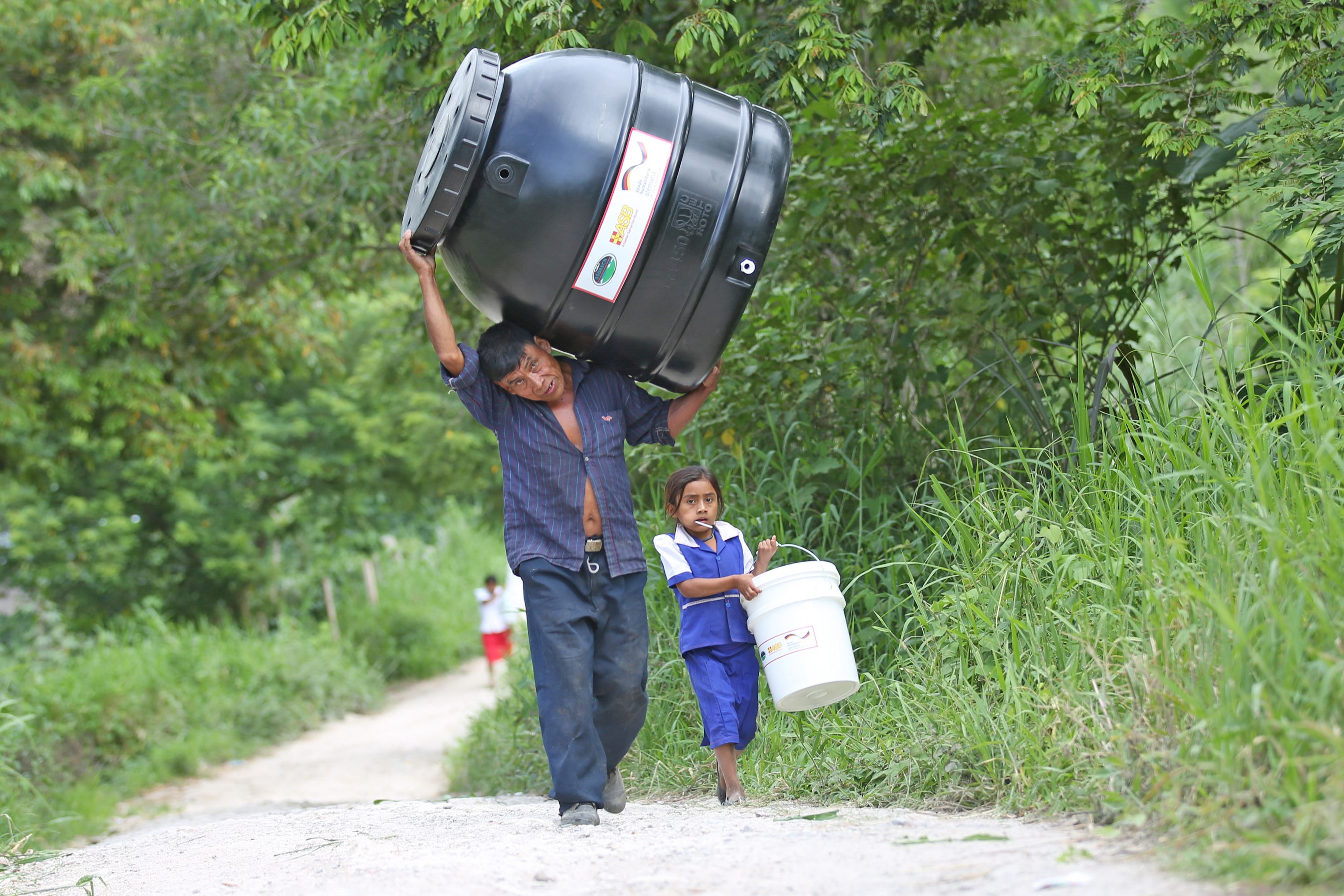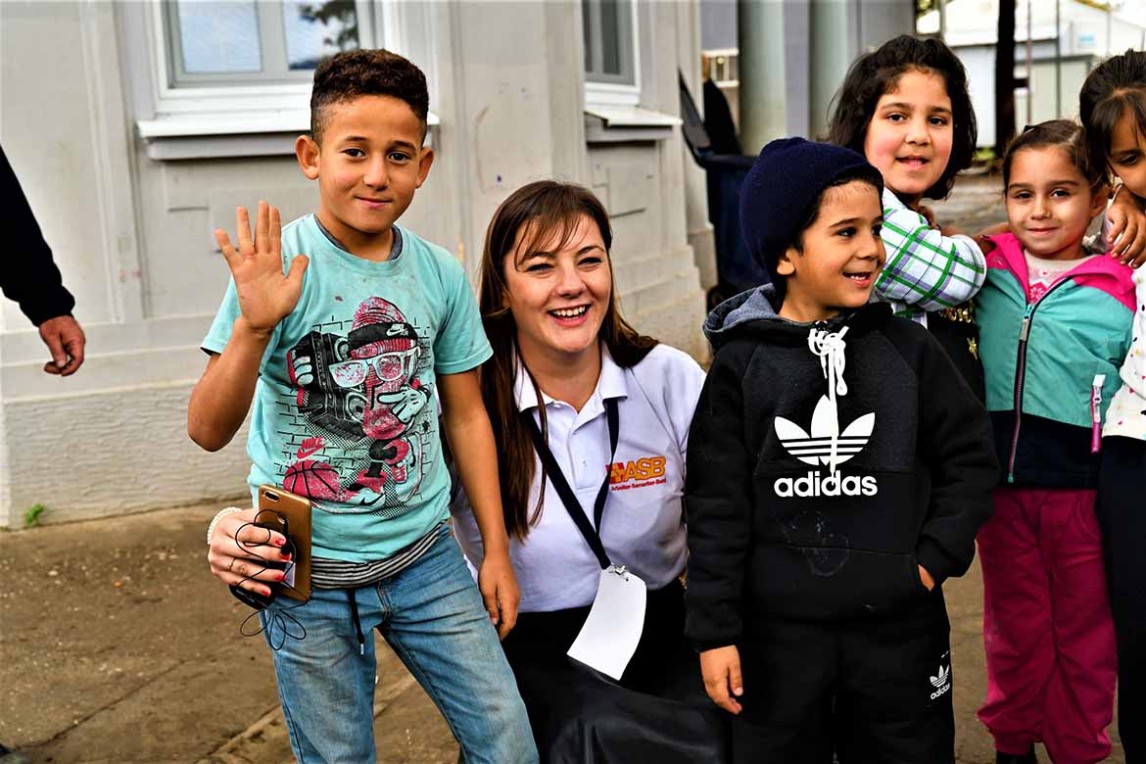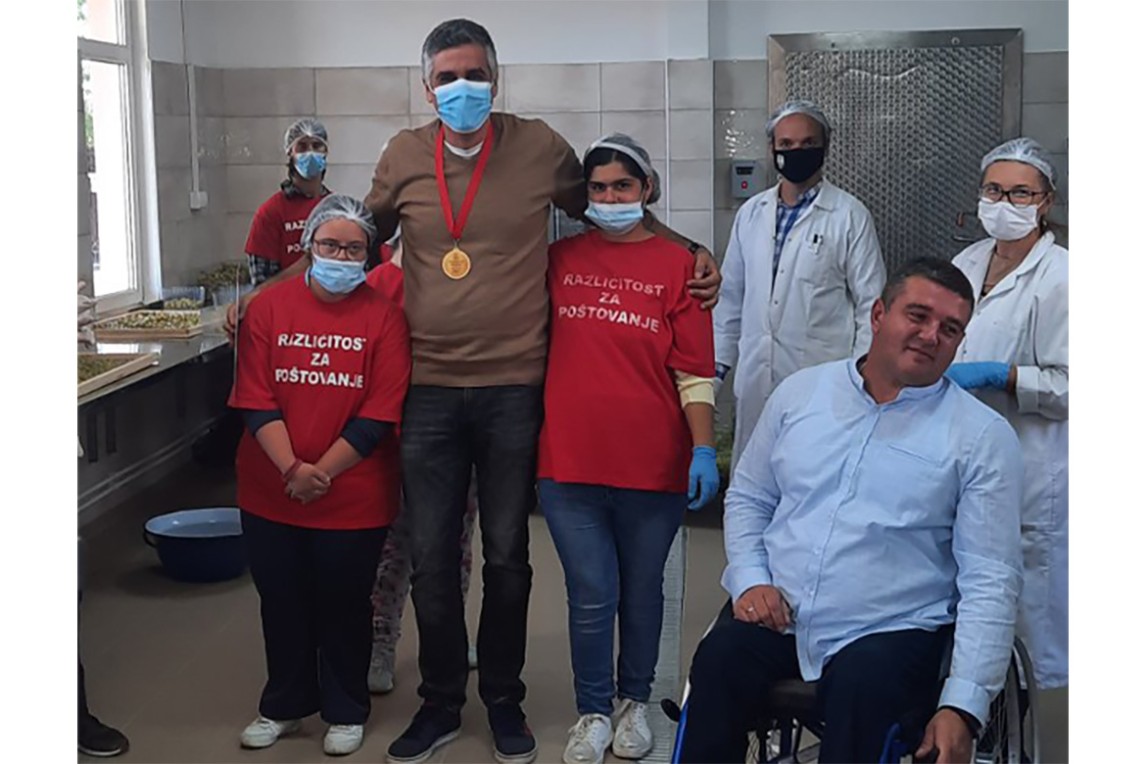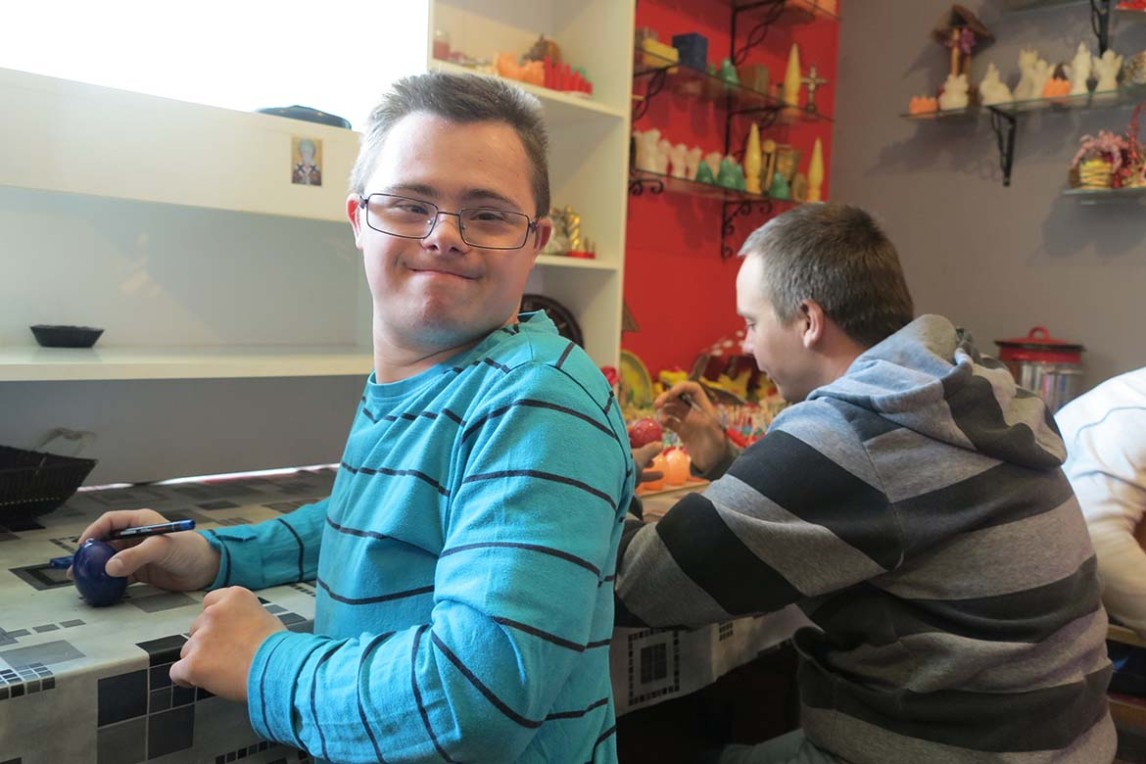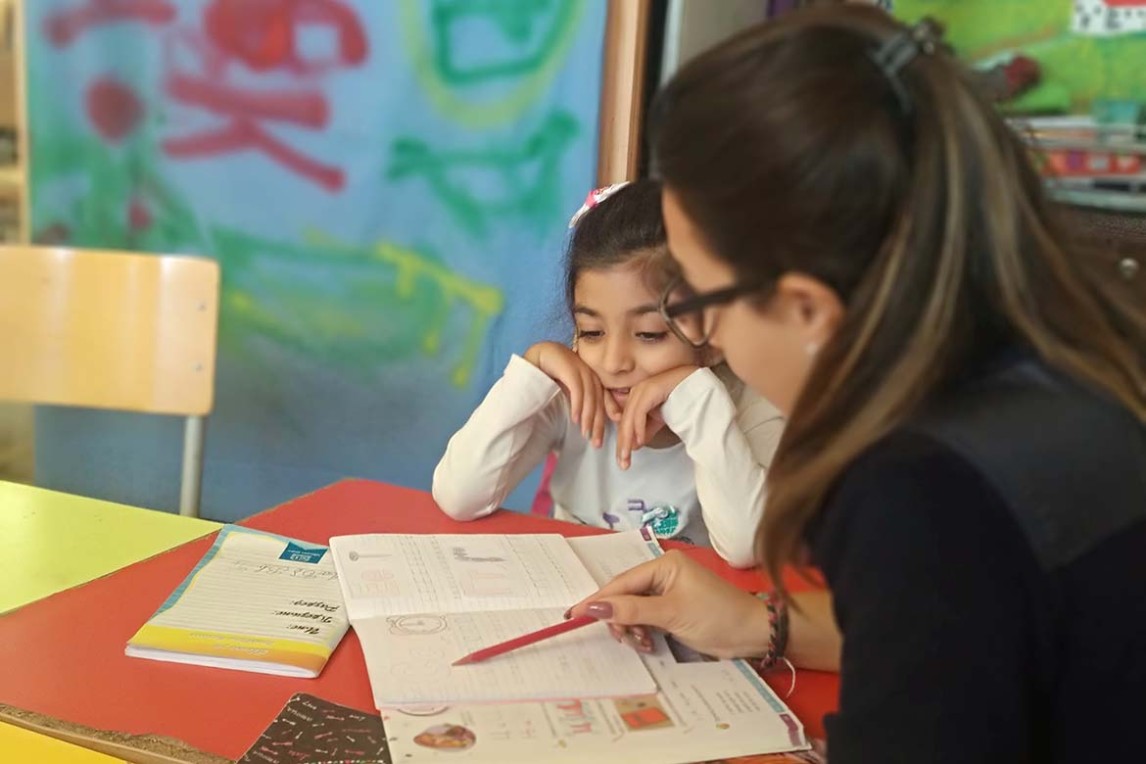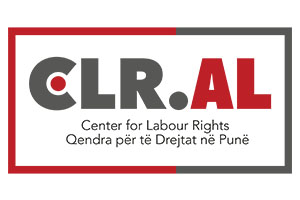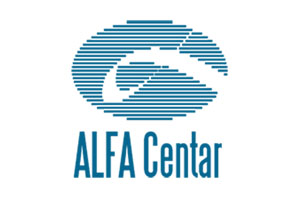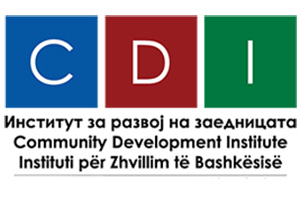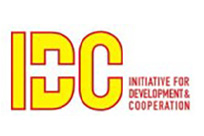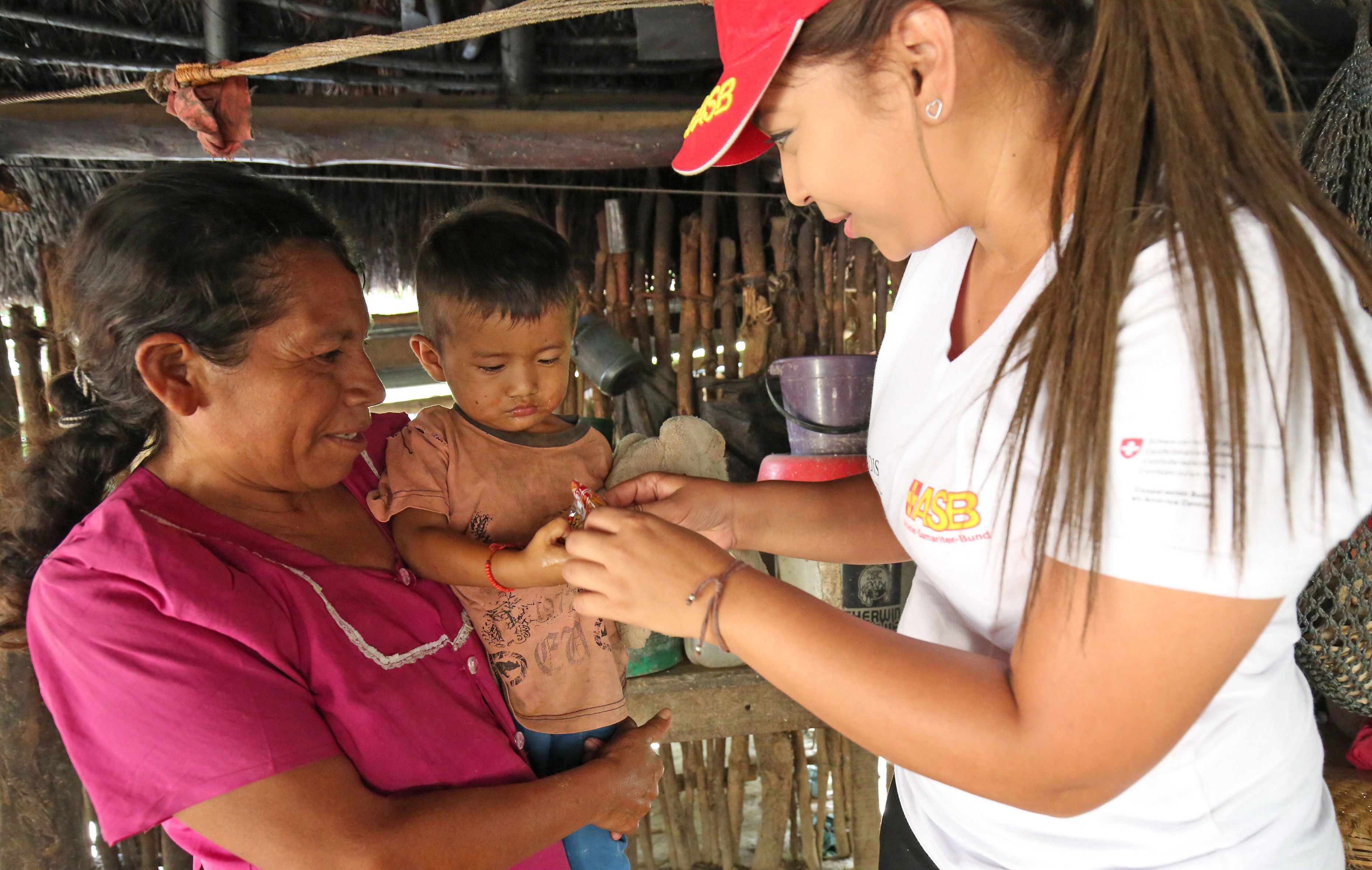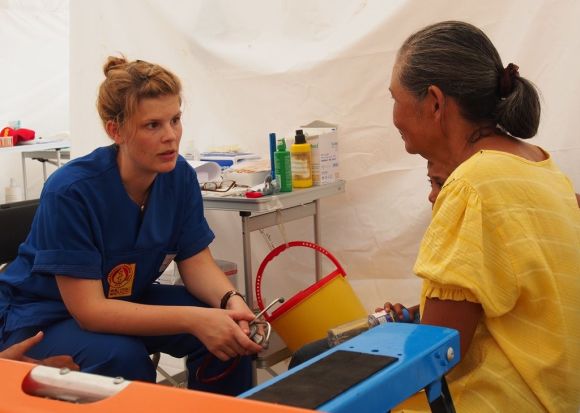-

Project title: IRIS NETWORKing - Development and strengthening of a regional network of local civil society and social service providers (several phases)
-

Project region: Western Balkans (Albania, Bosnia and Herzegovina, Kosovo, Montenegro, North Macedonia und Serbia)
-

Project volume: 822.000 euros (current phase), 3.620.000 euros (total)
-

Funding: European Commission
-

Duration: 2012 - 2026
-

Target group: Social service providers and grassroots organisations; marginalised population groups (Roma, women victims of violence, people with disabilities, migrants/refugees, youth at risk, LGBTQ); ministries and institutions responsible for social welfare; municipal administrations; EU institutions and actors involved in the approximation processes; media
